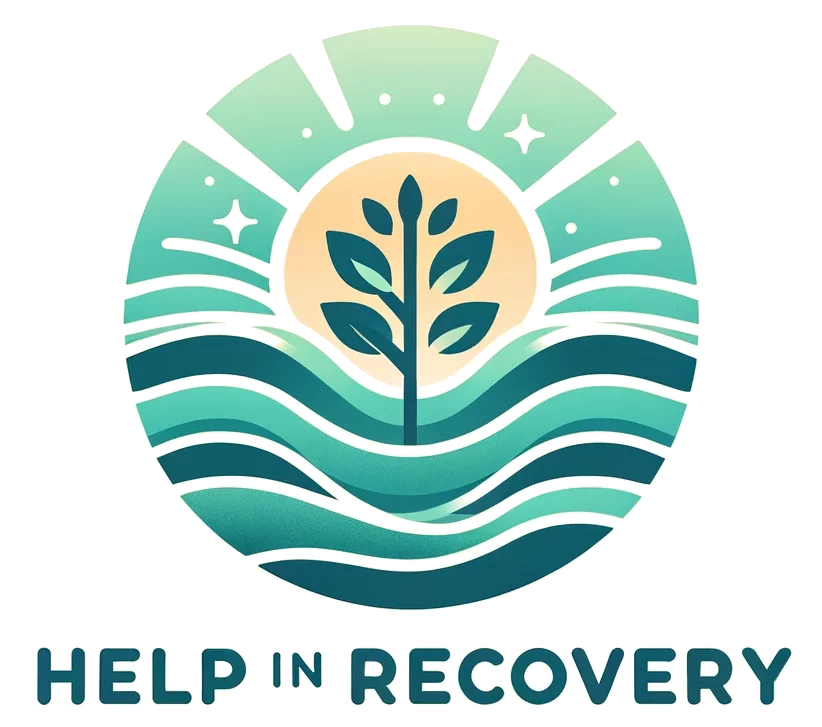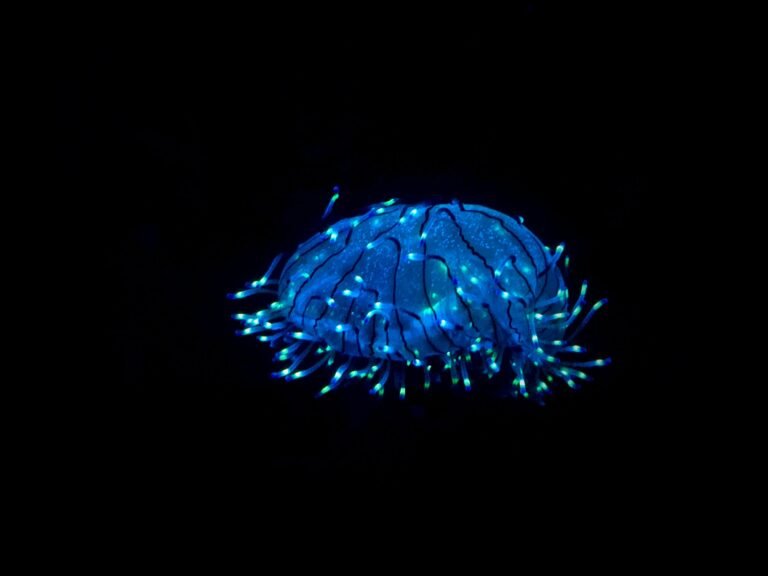Comprehensive Guide to Understanding Addiction – Your First Step Towards Recovery
Introduction: The A to Z of Understanding Addiction
Addiction is a word that often comes loaded with heavy connotations, whispers of struggle, and tales of triumph. It’s a complex condition, a relentless tug-of-war between desire and control. But what is addiction, precisely? This comprehensive guide aims to demystify addiction, peeling back the layers to reveal the core of what it means to be caught in the web of dependency. Whether you’re grappling with addiction personally, supporting someone who is, or simply seeking to expand your knowledge, this guide serves as a beacon, guiding you through the fog of uncertainty that surrounds the topic of addiction.
Understanding Addiction: More Than Just a Habit
At its core, addiction is a chronic dysfunction of the brain system that involves reward, motivation, and memory. It’s about how your body craves a substance or behaviour, especially if it causes a compulsive or obsessive pursuit of “reward” and a lack of concern over consequences.
Different Faces: The Many Types of Addiction
Addiction doesn’t just refer to the stereotypical dependencies on alcohol or drugs. Oh no, it’s a chameleon, changing its colours to blend into various aspects of life. We see it manifest in behaviours like gambling, eating, and even smartphone use. Understanding addiction means recognizing that it can be both substance-related, like nicotine or opioids, and process-related, as seen in compulsive behaviours.
The Why Behind the What: Causes of Addiction
The causes of addiction are as complex as the condition itself, often a tangled knot of genetics, environment, and personal experience. While one person might find themselves dependent due to family history, another might fall into addictive behaviours through peer influence or to escape psychological pain. There’s no single pathway to addiction; it’s a road with many entrances.
From Darkness to Dawn: Recovery Stories
There’s no denying the grip of addiction can be tight, but the stories of those who have broken free are powerful testaments to the human spirit. These narratives aren’t just tales; they’re echoes of pain, resilience, and the beauty of recovery. They serve as a reminder that the path to recovery, while unique for everyone, is a journey worth taking.
A Deeper Dive into Understanding Addiction Types
Now, let’s roll up our sleeves and dig a bit deeper into the types of addiction. Substance addictions are what most think of, with alcohol, prescription drugs, and narcotics casting long shadows. But behavioural addictions, like gambling, sex, and even internet usage, are increasingly recognized as severe issues. They all disrupt life in significant ways and require different approaches to overcome.
The Science of Addiction: How It Hijacks the Brain
Addiction is a hijacker. It sneaks into the brain’s command centre and takes over. The brain’s reward system is designed to reinforce behaviours that promote survival, like eating and spending time with loved ones. Addictive substances and behaviours co-opt this system, flooding the brain with dopamine and other feel-good chemicals. Over time, the brain craves the flood, not the trickle – leading to the cycle of addiction.
Breaking the Chains: Treatment and Recovery
When it comes to breaking the cycle, there’s no one-size-fits-all solution. Treatment might include therapy, medication, lifestyle changes, or a combination. The road to recovery is often long and winding, but it’s travelled successfully by many. Support from loved ones and professionals can make a significant difference, as can the internal desire to reclaim control over one’s life.
FAQs: Understanding Addiction Questions on Everyone’s Mind
- What is the first step in dealing with addiction?
The first step is often recognition – admitting there is a problem. This can be the most challenging part, but it’s crucial for beginning the journey to recovery. - Can addiction be cured?
Addiction is typically considered a chronic disease. It can be managed, and recovery is possible, but it often requires ongoing effort and support. - How can I support someone struggling with addiction?
Offer non-judgmental support, encourage treatment, and educate yourself about addiction. Your support can make a world of difference.
In Conclusion: The Light at the End of the Tunnel
Addiction is a labyrinth, but there is a way out. Understanding addiction is the first step, but action is the bridge to recovery. Remember, the path isn’t always straight or smooth, but each step forward is a step towards reclaiming a life unhindered by addiction.
As we wrap up, let’s remember that understanding addiction is just the beginning. The journey to recovery is personal and profound, and while it may start with knowledge, it flourishes with support, resilience, and the courage to change. May this guide serve as a starting point for those who seek to understand and overcome addiction, and may the stories of recovery light the way for those who follow.
This comprehensive guide has aimed to shed light on the intricate issue of addiction, hoping that understanding sparks the journey to recovery. What’s your next step on this path?







